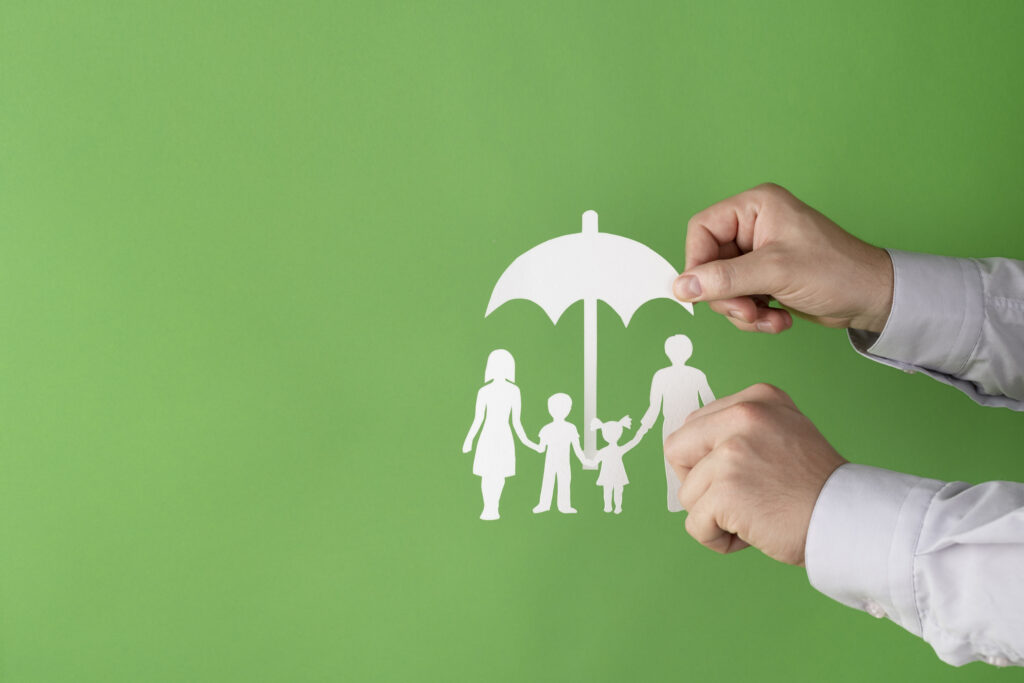Introduction
Let’s be honest—life insurance can be confusing. Between all the jargon, conflicting advice, and persistent rumors, it’s no wonder so many people misunderstand it. And unfortunately, those myths can stop you from protecting the people you love.
So today, we’re putting the top 10 life insurance myths to rest—once and for all.
Life Insurance Is Only for the Elderly
Nope, it’s not just for retirees.
The truth is, the younger you are when you buy life insurance, the better. Why? Because you’re generally healthier and less of a risk to insurers, which means lower premiums.
Plus, locking in a policy when you’re young means you won’t have to worry about your coverage later when health issues might pop up.
Life Insurance Is Too Expensive
Think it’s pricey? Think again.
Most people overestimate how much life insurance costs. A healthy 30-year-old can often get a $250,000 term policy for less than the cost of a monthly streaming subscription. That’s less than $20 per month.
There are also different types of policies—from term to whole life—so you can find one that fits your budget.
I’m Single and Have No Dependents, So I Don’t Need It
Even if you’re flying solo, life insurance still matters.
If something happens to you, someone’s going to have to handle your funeral costs, debts, or student loans (especially if someone co-signed them).
Plus, policies can also be used for leaving a legacy, donating to a cause, or locking in future insurability.
My Job Provides Enough Coverage
Your employer’s policy is nice, but probably not enough.
Group life insurance typically covers 1-2x your annual salary, which might not be enough for long-term needs like a mortgage, children’s education, or daily expenses.
Also, if you switch jobs, you’ll likely lose that coverage. Having your policy gives you stability regardless of where you work.
Stay-at-Home Parents Don’t Need Life Insurance
Think again.
Stay-at-home parents may not earn a paycheck, but the value they provide—childcare, housekeeping, transportation—is easily worth tens of thousands of dollars annually.
If they passed away, hiring people to take on those roles would be a major expense for the surviving partner.
Life Insurance Payouts Are Taxed
Good news: Most are tax-free.
In general, life insurance payouts go to your beneficiaries tax-free, making it one of the most efficient ways to pass money on.
However, if your estate is very large or you leave the policy to your estate instead of a person, taxes might come into play. For most people, though, this myth is busted.
Only the Breadwinner Needs Life Insurance
Every adult in a household should be covered.

Even if one partner earns less or stays at home, their contribution has financial value. Losing them would create costs that would impact the whole family.
Dual-income homes are especially vulnerable if one income suddenly disappears.
It’s Better to Invest Money Than Buy Life Insurance
It’s not an either-or situation.
Investing grows your wealth, but life insurance protects it. You can’t replace the value of life insurance with investments alone, especially if you pass unexpectedly.
Both tools serve different purposes. Insurance is protection, investing is growth—you need both.
I Can’t Get Life Insurance Because of My Health
That’s rarely true today.
There are policies specifically designed for people with health conditions. Yes, your premiums might be higher, but you’re not shut out.
There are also no medical exam policies, which just require a basic questionnaire.
Life Insurance Is a Scam
That’s simply misinformation.
Life insurance is a highly regulated industry. Providers are held to strict standards by state and federal agencies.
Like any industry, there are bad actors, but if you go with a reputable insurer, your policy is a real financial safety net for your family.
How to Choose the Right Life Insurance
Term vs. Whole Life
Term is simple and affordable—great for covering needs like mortgages or income replacement. Whole life is more expensive but includes an investment component that builds cash value.
Assessing Your Personal Needs
Do you have kids? Debt? A spouse? Factor those in. A good rule of thumb: aim for 10–15x your income in coverage.
Finding a Trusted Provider
Stick with well-reviewed companies that have high financial ratings (look for A.M. Best, Moody’s, or Standard & Poor’s scores).
Conclusion
Life insurance doesn’t have to be complicated or scary—but it does have to be understood. Letting myths drive your decisions can leave your family vulnerable, and no one wants that.
Now that the top 10 myths are debunked, you’re better equipped to make smart, informed choices about protecting your loved ones.
FAQs
1. What happens if I outlive my term life insurance?
The policy simply ends, and no payout is made. But you can often renew, convert, or buy a new policy.
2. Can I have more than one life insurance policy?
Absolutely. Many people layer policies for different needs—just make sure the total coverage aligns with your financial profile.
3. Is life insurance worth it after 60?
Yes, especially if you have dependents, debts, or want to cover final expenses. There are even senior-specific policies.
4. How do insurance companies determine premiums?
They consider age, health, lifestyle, and the type
/amount of coverage. The healthier and younger you are, the cheaper it is.
5. Does life insurance cover accidental death?
Yes, standard policies usually cover it, and some offer accidental death riders for extra coverage.
